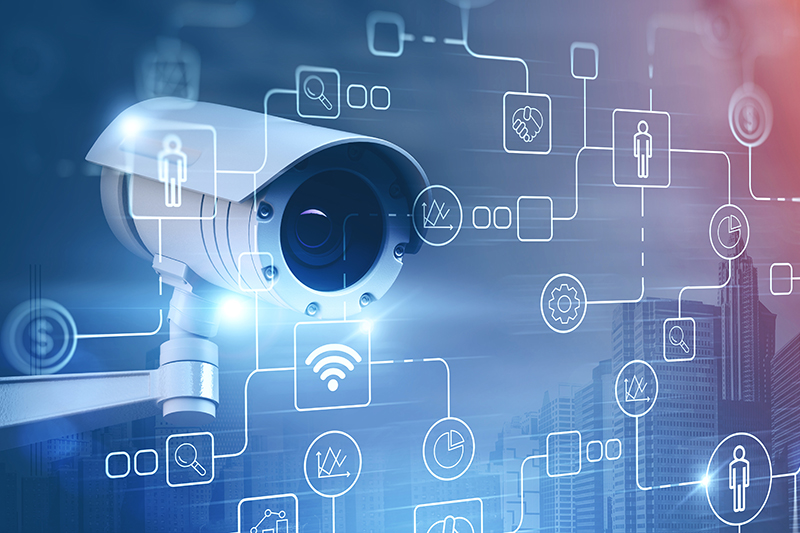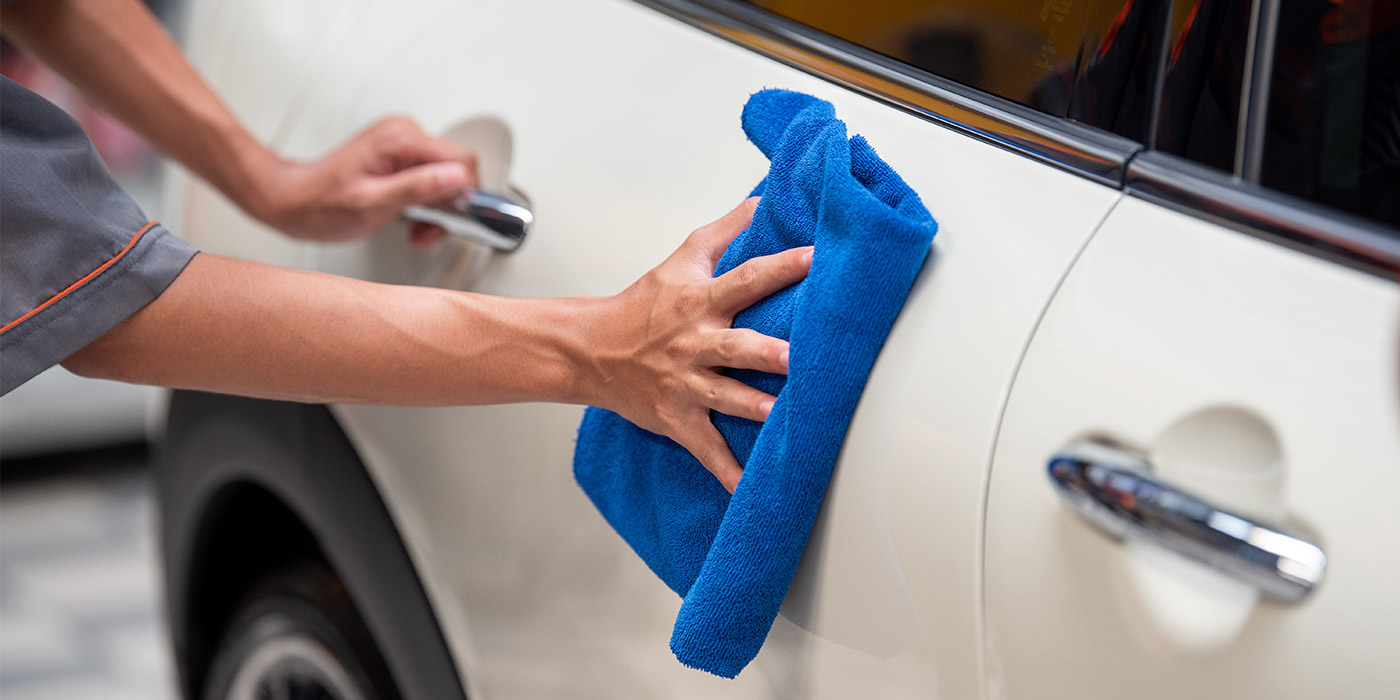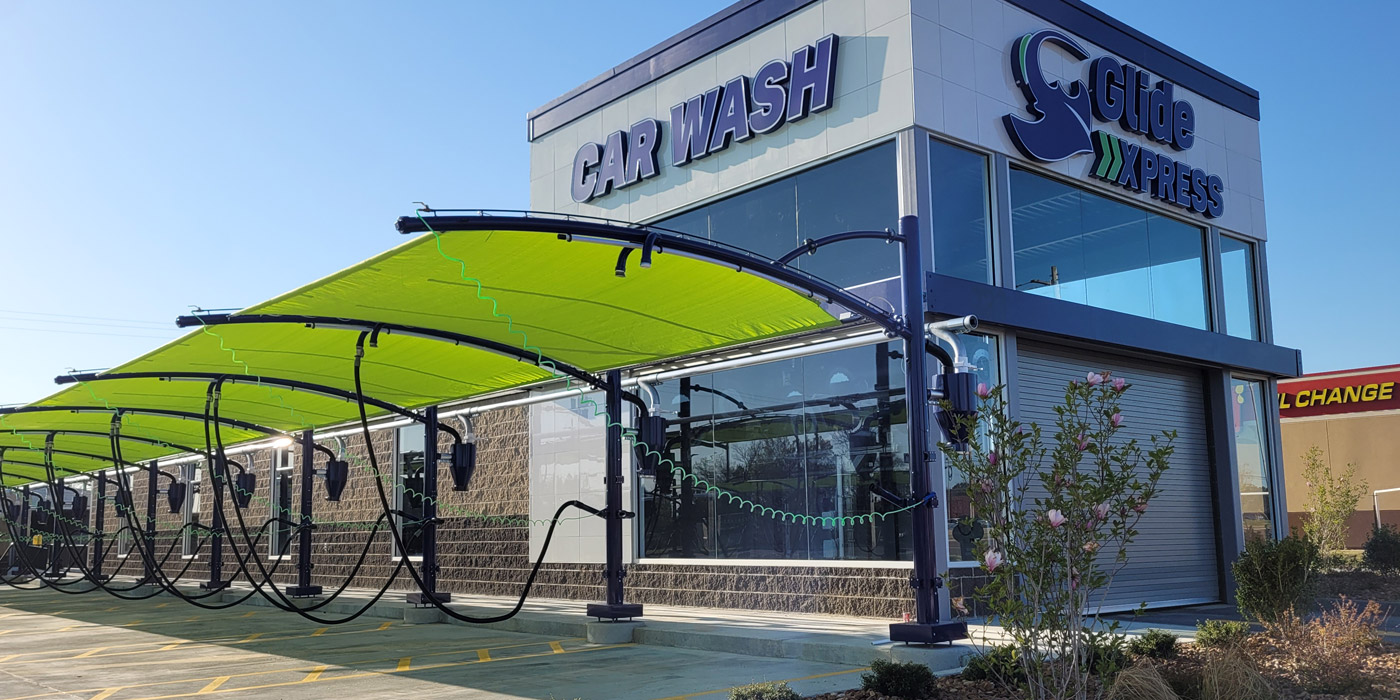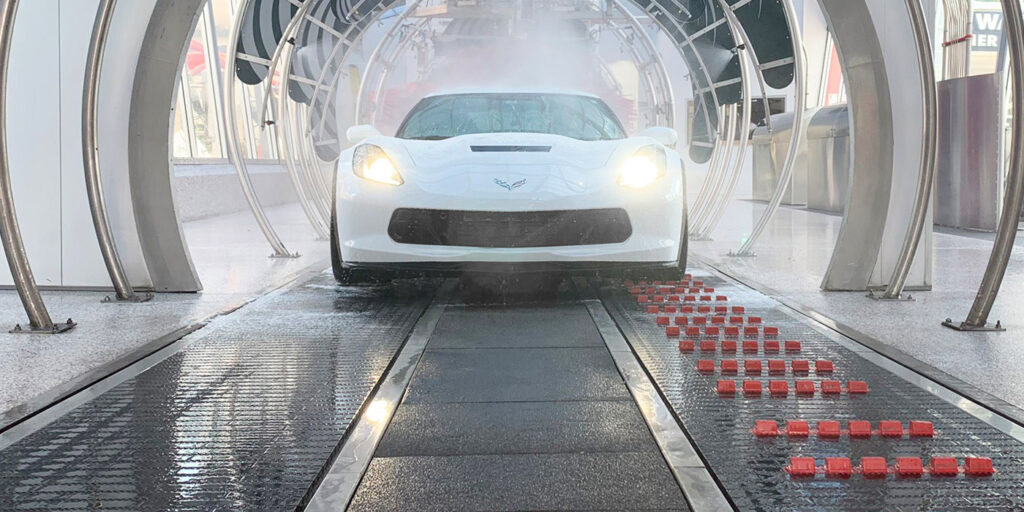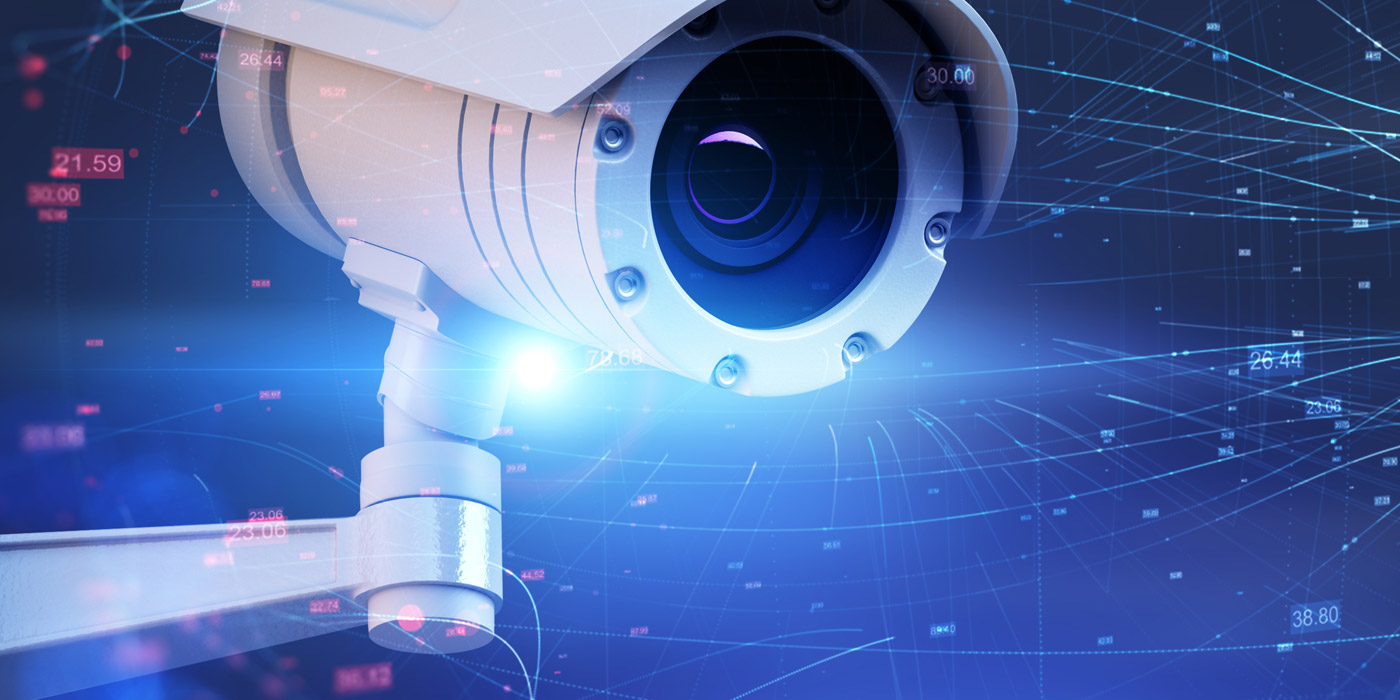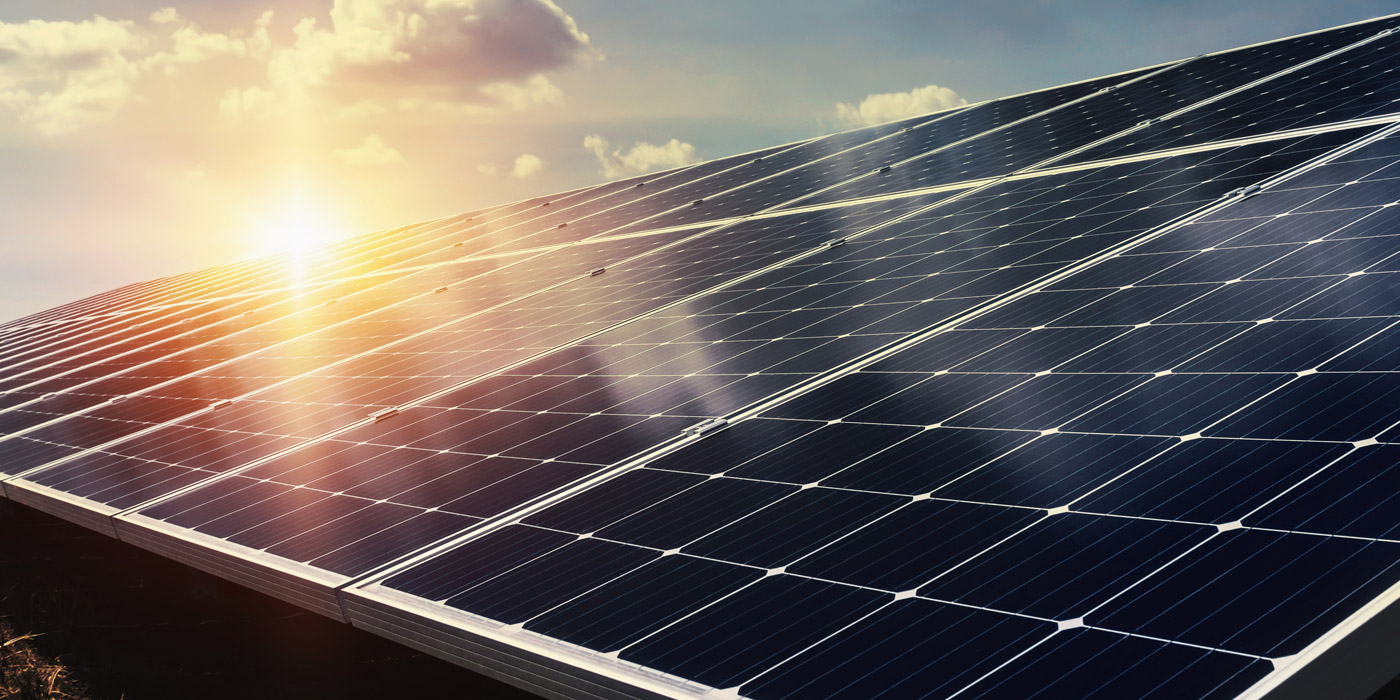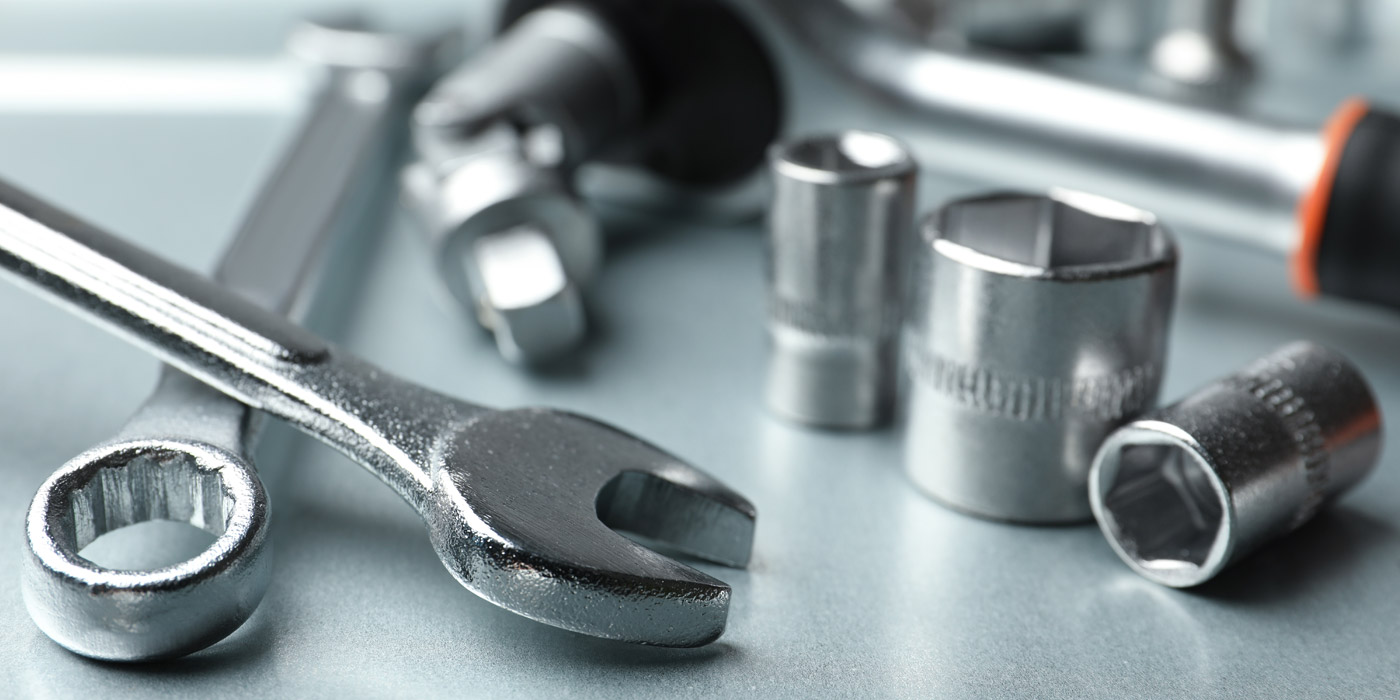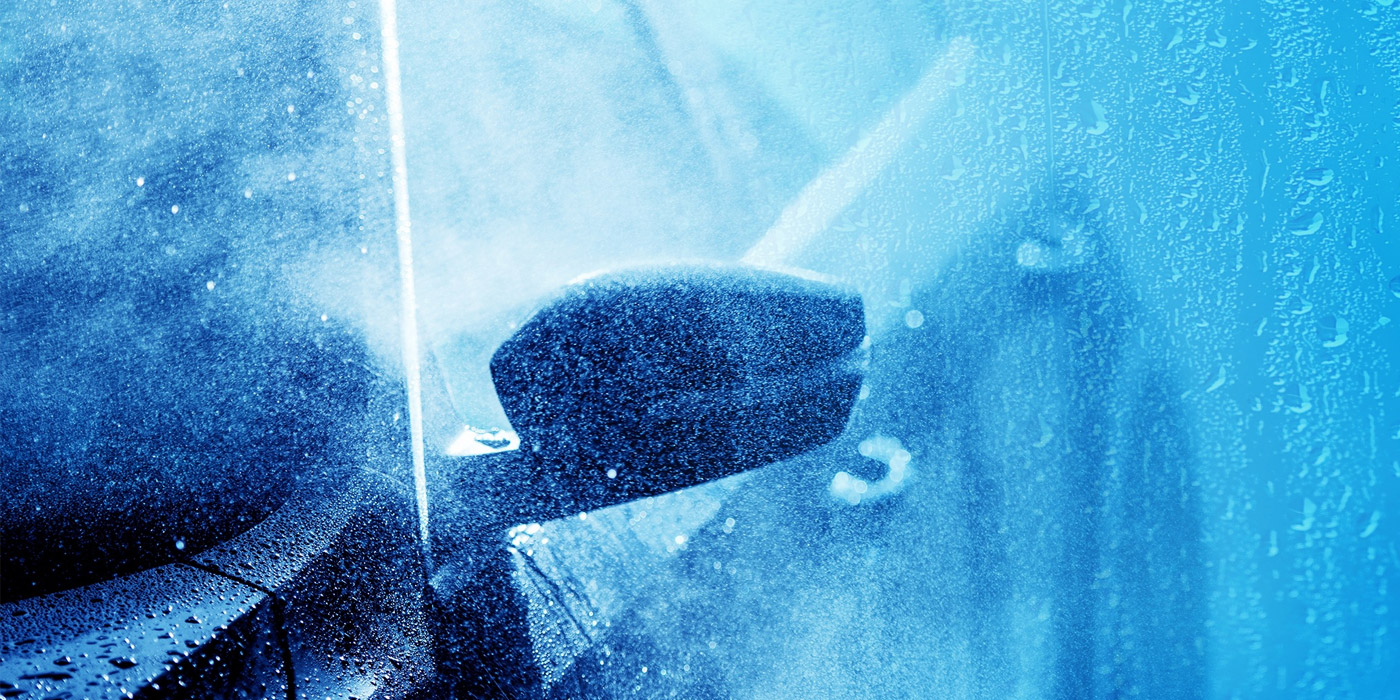Modern carwashes are incredibly busy operations. Thus, it is no exaggeration to state that a thorough approach to site surveillance has become more important.
From the standpoints of safety and security, tracking daily operation and monitoring managerial concerns, carwash site surveillance is supremely important. Curtis Ray, vice president at Acquire Video Security, notes that the automated carwashes of today are basically “a large robot” with lots of moving parts that can injure customers and employees alike. For this reason and many others, an operator needs to have proper surveillance and monitoring systems in place to make sure an operation is running correctly. Thankfully, in today’s world, securing a site is easier than in the past.
This is the age of electronics, and surveillance systems are no longer a desktop PC buried in a location’s basement, according to Jennifer Spears, sales manager with CarWashCameras.com. Technology such as smartphones and other options can keep information at an owner’s fingertips. This user-friendly technology, with immediate access via the internet, gives an operator the ability to monitor a wash from every angle 24 hours a day, seven days a week.
“Modern carwashes are leaps and bounds above where the facilities were just a few years ago,” Spears continues. “They are high-tech with tons more options, capabilities and fail-safes. Having dependable monitoring for the entire property, along with a surveillance system to capture car condition in full-serve tunnels and express facilities, protects not only your investment in the property and equipment but also your peace of mind.”
Latest systems
Today’s surveillance systems offer a number of features that can help any operator in a myriad of ways. Regarding the pre-existing damage component, Ray reveals that operators will want to capture high-quality images of customer vehicles before, during and after the wash cycle. If there is a dispute claiming the carwash caused damage, the operator will want to go back and see if the damage was there before the wash began.
Spears states that modern, flexible surveillance systems give owners the ability to accomplish many tasks while off-site. From anywhere and at any time, an operator can check how busy each wash location is. Remote monitoring using high-speed internet is a benefit made possible by internet speeds getting faster and faster.
This capability can ensure employees are making good use of their time, explain why an alarm went off or reveal if a customer ran into the tunnel equipment and is now trying to blame the wash. Recording vandalism issues, monitoring the weather and further real-time examples showcase the fact that the possibilities are expansive with upgraded surveillance systems, Spears notes.
Higher resolution cameras are being created all the time, especially for the newer, IP-based surveillance systems, Spears reveals. Higher resolution makes a huge difference when a user is watching playback and trying to see finer details. For example, high-resolution recordings can help an owner document the license plate of a vehicle.
Areas to monitor
When it comes to camera placement, all carwashes need recording components for instances of theft, liability purposes and monitoring people coming onto the wash site. Ray recommends clients basically be able to record footage covering every bit of the wash property. Since operators are responsible for the site and anything that occurs there, they ultimately need to have some sort of surveillance for all areas.
“‘Everything but the bathrooms’ is my kind of moniker,” Ray continues. “There’s reasons for that, but we don’t get too crazy.”
First, coverage is needed everywhere there is money, including pay stations, vending machines, etc. Next, operators will want to cover pump rooms, hallways, break rooms — basically every area where there are employees, according to Ray. This provides documentation for potential issues, including slip-and-falls, workman’s compensation claims and possible instances of sexual harassment.
“Those are the areas where employees interact,” Ray says. “Then you’ve got a situation you need to have documented in case there’s a dispute between employees or even an employee and a customer in the lobby area. That’s why we cover all the common areas where the public is allowed.”
In states that allow it, Ray also suggests recorded audio surveillance. This is a feature that most systems should have, and the audio recordings can be called up if there is a customer dispute or other situation. Some states do not allow audio recording, so owners should always check their local laws.
Spears agrees that carwashes should first put cameras where money is located. This includes the obvious places — changers, pay stations, vaults, vending areas and lobbies. These are also areas where costs are incurred if expensive equipment is damaged or misused. Further, vacuums, bill acceptors, doorways, equipment rooms and other places are where thieves tend to break in and cause huge, costly amounts of damage. The damage will cost an owner on top of the money stolen and on top of the lost revenue that occurs when a wash is closed for repairs.
Addressing durability
Simply put, carwashes and camera systems were not made to work together, Ray states. An operator must make sure he or she selects technology that can withstand the harsh carwash environment. These days, there are many systems available that say they are designed to withstand use in a carwash, but a lot of them really are not. There are certain types of higher-end equipment available, but equipment longevity is always a concern.
“There’s a lot of stuff being imported from overseas that’s just not what needs to be in a carwash,” Ray says. “We see them go in a lot initially, then we come in and replace them once the operators realize that’s not the environment for those [types of] systems.”
Spears cautions that if anyone offers a “one size fits all” surveillance system for any variety of carwash, the owner should “run away screaming.” Typical outdoor camera packages may be great for a day care or grocery store, but they are never ideal for a carwash. Carwashes are basically a miniature ecosystem. It is not just the fact that washes have moisture in the air, but it is also the chemicals that are in the air at all times as well.
“In the self-serve wash bays, in the tunnels, in dog washes, at the changers and vending, at the vacuums — it’s everywhere. Wash equipment corrodes because of all the same chemicals,” Spears explains. A regular camera cannot stand up to this kind of environment for any length of time, and neither can cheap cables or insufficient infrared LED lights built into cameras. If the equipment is not built specifically for — and tested in — a carwash, then the operator does not want it.
Finally, improper installation can be another costly factor, Ray states. Employees frequently power wash walls and perform intense cleaning tasks in tunnels and bays. To prevent equipment damage, an operator should ensure that the installation performed is top notch, or else the surveillance equipment will not last.
Research steps
For carwash operators researching surveillance systems, Spears notes that the easy first step would be searching for carwash cameras in any online search engine. This kind of system is so unique that an owner will want to find and utilize the right company from the start. Proper research allows an owner to work with a sales staff that knows the industry and that can address factors operators face on a daily basis.
The last thing an operator wants to do is get an inexpensive system and rush through the installation process, according to Spears. Instead, an owner should aim to upgrade one time and utilize a system that lasts for years. This includes finding a company that has great tech support as well as tons of videos on the equipment and its features.
Ray points out that trade shows are great places to learn more about surveillance and site security. Everybody that is reputable in the carwash business will usually be at the shows, and operators can learn a lot during the events. The subjects covered will go beyond video surveillance, and a carwash owner can find vendors that offer options for secure pay stations, locks, access control and other security factors that are important.
Ray concludes that carwash operators can always learn more from vendors, distributors or manufacturers. These are sources that can explain widely adopted industry recommendations. While there may be vendors out there that recommend different options, they are all trying to help carwash owners.
Jonathan Abrams is a freelance contributor.

